Our wines
The winery’s production is focused exclusively on organic wines from traditional grape varieties. Their wide range of wines is complemented by botrytic wines and ice and straw wines. These wines are a renowned speciality of the winery. Since 2008 we have been the largest organic wine producer in the Czech Republic.
Simply organic!
In our family organic winery Víno Marcinčák we emphasize the quality, ecology, originality and uniqueness of wines, which is given by the unique character of individual vineyards. Thanks to this philosophy of our family, distinctive organic wines are created for the most demanding wine enthusiasts.
There are no unwanted and harmful residues in our organic wines. We use no herbicides, pesticides or artificial fertilizers. We use nature-friendly products to protect the vineyards and we make many of them ourselves – for example Vermistar, which is a brew made from vermicompost and herbs. For fertilisation we use our own vermicompost – composted with earthworms. We treat the wines as gently as we treat the vineyards. We make low intervention wines that are fresh, fruity and so that their varietal purity shines through.
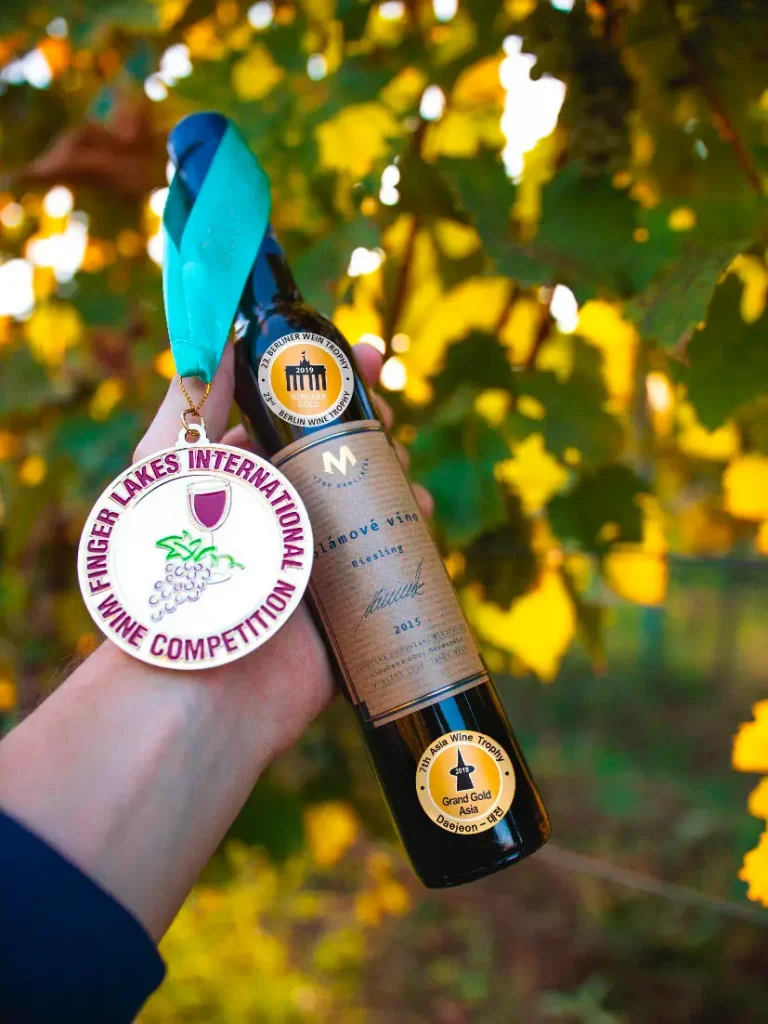
The specialty of the organic winery Víno Marcinčák is the production of straw and naturally sweet wines that appeal to wine lovers for their complexity and extraordinary harmony of all flavours. These gems among wines are not intended for „drinking all evening“, but these wines are an essential part of top gastronomy and special occasions. Special wines from Marcinčák winery have won numerous awards from many continents. For example, the Paris Sommelier Association Award, the Double Gold of the Asia Wine Trophy, the Berliner Wine Trophy, the Great American International, the Finger Lakes Wine Competition or the Czech Organic Food of the Year!
Making of the special wines
Botrytis wine (noble rot), ice wine, straw wine
The production of special wines is mainly about depriving the grapes of water in a natural way and increasing the concentration of sugars, acids and other minerals contained in the grapes. The wine law allows only three methods of drying the grapes, namely by using the noble fungus botrytis cinerea to produce „výběr z cibéb“, by freezing to produce ice wines and by long-term drying on straw to produce straw wines.
The production of special wines places high demands both on the work in the vineyard during the growing season and on the work in the cellar in processing the grapes and subsequent wine production. The production of special wines is the pinnacle of the winemaking craft and requires a great deal of knowledge, experience, patience, but also courage and a willingness to take risks.
Only healthy grapes, from pre-selected vineyards with special agrotechniques and the use of the gentlest pest and disease control, may be used to produce special wines.
The production of premium and special wines is subject to strict control by the ČZPI (quality inspection) at all important stages of production. It starts with checking the registration of the vineyard and the health of the grapes in the vineyard, and continues with checking the quantity and quality at harvest and the quantity and sugar content of the must at pressing.
The grapes from our organically managed vineyards are harvested exclusively by hand to maintain the maximum quality of our organic wines. High quality organic grapes without harmful residues allow us to use their full potential and create unique natural organic wines without much intervention in the cellar.
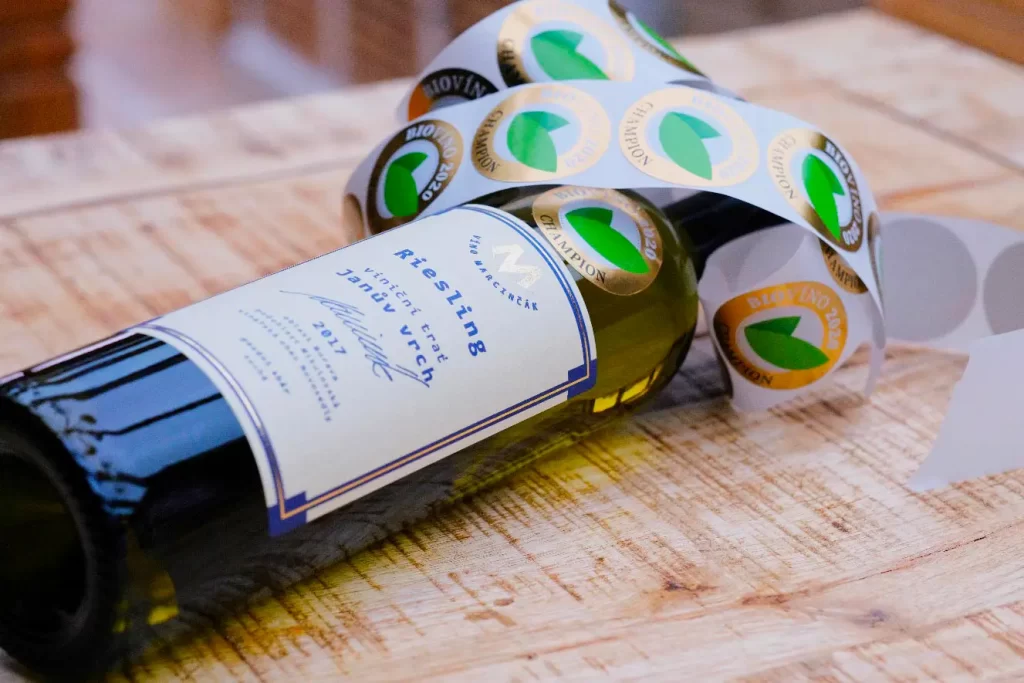
Noble rot wine
Exceptional grape quality
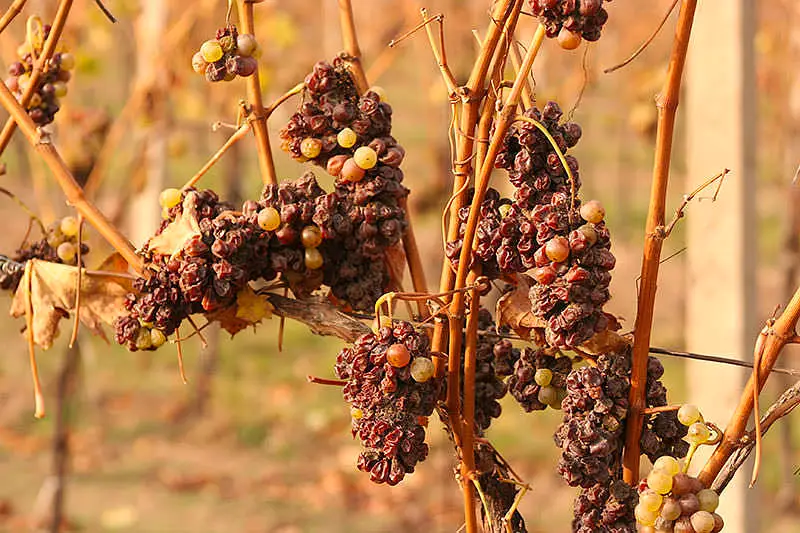
How does selection of raisins taste like?
On the palate they are robust, full-bodied, refined, but at the same time fresh, velvety and elegant.
The extraordinary microclimate of the Novosedel vineyards, influenced by the flowing river Dyje and the Pálava lakes, into which the Dyje river flows, brings morning fog in autumn and hot sun during the day, which are ideal conditions for the development of the noble fungus Botrytis cinerea. Winemaker Petr Marcinčák was the first of the winemakers in Novosedly to take advantage of this gift of nature and has been producing botrytis wines since 1999. The noble mould dries out the grapes and thus increases the concentration of sugars and aromatic substances in them.
The dried grapes (raisins, or cibéby) are then pressed whole to produce a must of exceptional quality with a higher content of sugars, acids and minerals. These wines are characterised by aromas of flowers, honey and candied fruit (apples, pears, apricots, pineapple).
Ice wine
Extremely demanding production
The production of ice wines is extremely demanding, as the grapes must remain on the vine until the winter frosts, whose arrival is very uncertain and the frosty weather often comes only at Christmas or after the New Year. Throughout this period, the grapes are exposed to the sun and, in particular, to morning frosts, which, although they do not reach the necessary level, help to frost the water contained in the berries. Harvesting can only begin when the temperature reaches -7°C or below and the grapes must remain frozen throughout the processing period. During pressing, the frozen water with the pips and skins is gently separated from the concentrated juice. The must thus obtained must have a minimum sugar content of 27°. However, the sugar content of these musts is well above 30°. Further processing also requires a great deal of experience, as the must is very concentrated, the yeasts ferment more difficult in this environment and the fermentation process requires particular attention.
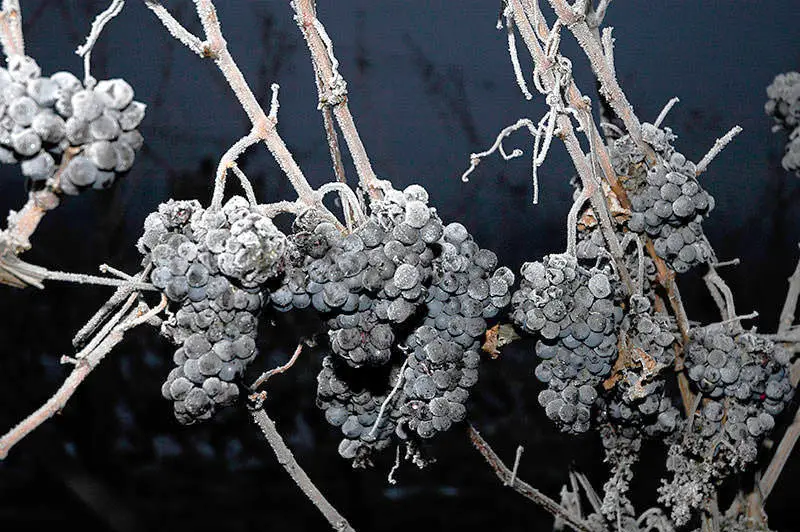
How does ice wine tastes like?
The ice wines are full-bodied, powerful, very aromatic with fruity and honey notes with hints of peaches, apricots, tropical flowers and citrus fruits.
Straw wine
The pinnacle of winemaking
The uniqueness of these wines is due to the complexity of the production technology, which requires not only a lot of winemaking skill, but also a lot of manual labour. The grapes intended for the production of straw wine are grown in pre-selected vineyards. At the time of full ripeness, the grapes are sorted and only absolutely healthy grapes are harvested and stored in special airy areas on straw beds. Here, according to the wine law, the grapes must dry out for at least 3 months and the must must have a minimum sugar content of 27 degrees. The stored grapes must be given special care, since, like all harvested fruit, they tend to be perishable, and this is arguably the most complex stage of production, with almost constant monitoring.
Winemaker Petr Marcinčák is one of the first producers of straw wine to go his own way and apply his own, time-tested production methods, letting the grapes dry on the straw for 4 to 6 months until the must reaches the desired sugar content, which ranges from 40 to 50 and even 60 degrees of sugar content. The grapes are then removed from the straw and pressed whole and with the stalk. The very gentle pressing process takes about 36 hours and yields between 10 and 15 %. The resulting must is very concentrated and resembles freshly made honey. During fermentation, the alcohol content reaches a maximum of about 11 % and the residual sugar content is as high as 370 g per litre. The straw wine can then be matured in barrels if needed.
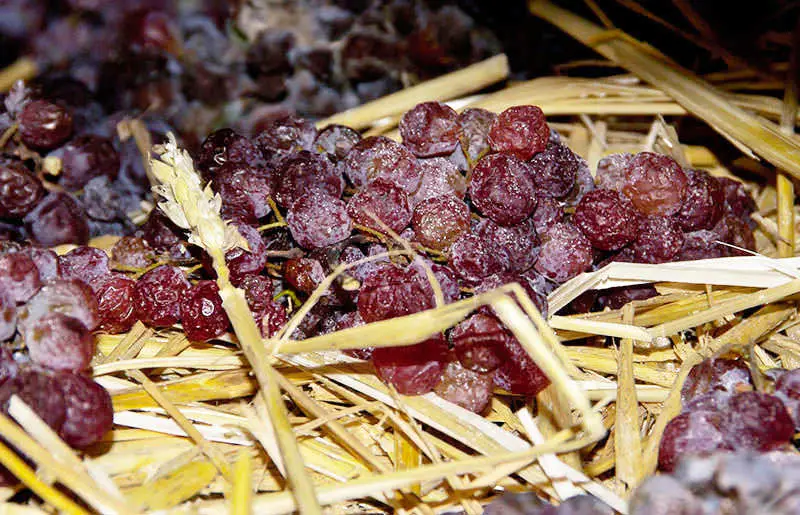
How does straw wine tastes like?
The straw wines are powerful, full-bodied, rich, elegant and velvety with an extraordinary bouquet of flowers, honey, candied fruits (pear, apple, quince, peach, pineapple, tangerine), the taste combines honey sweetness with refined acidity.
ORDO EQUESTRIS VINI EUROPAE
Ing. Petr Marcinčák is one of the leading members of the European Order of Knights of Wine. The Order subscribes to Christian chivalric values and European cultural traditions. The Knights of Wine work for the development of wine culture, honour quality wine and, last but not least, help to develop scientific work on wine and viticulture.
